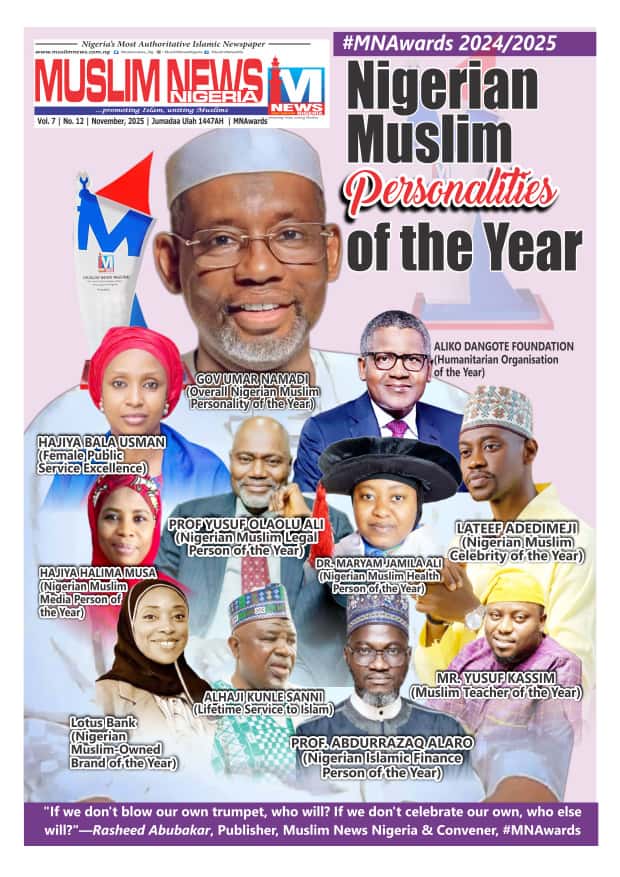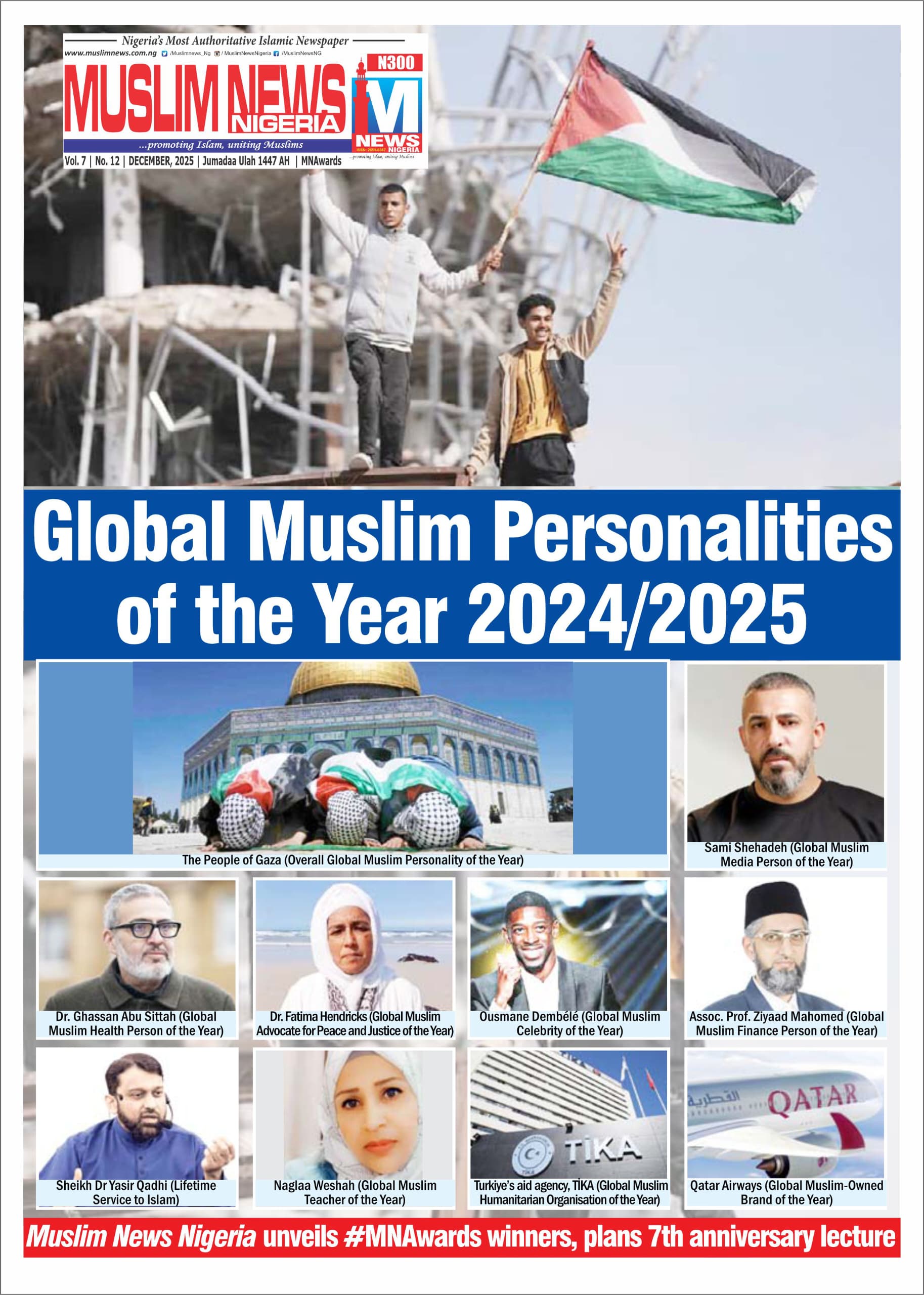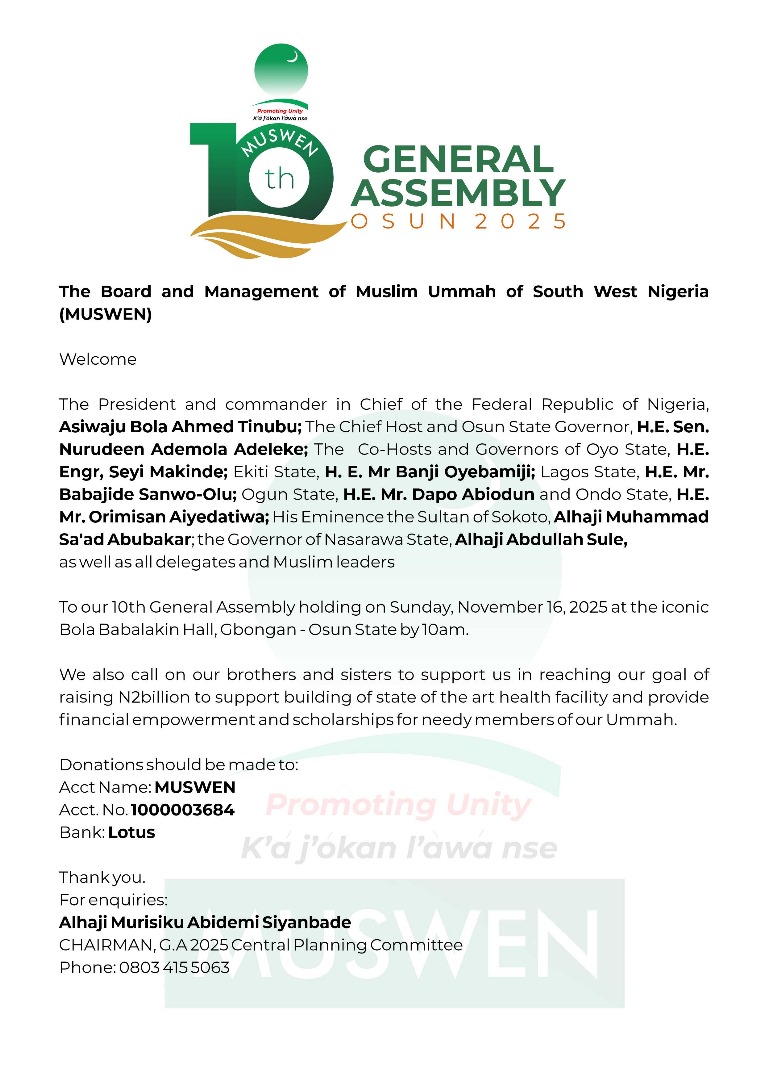Subhah is the bead used by a worshipper in counting his adhkaar. It maybe a small piece of glass, stone, or similar material that is threaded with others to make a rosary for adhkaar. Usually called tesuba or Tasbih. See المصباح المنير Volume 1 page 263 for this definition.
There will be a need to discuss its use vis-a-vis sunnah and bid’ah.
The Hanafiyyah are of the permissibility of using the Subhah for adhkaar. Their evidence is the hadeeth which says the Prophet (SAW) entered upon a woman and met her with Subhah and did not go against her but advised her to make use of her fingers which might be easier and more beneficial. If it is prohibited, the Prophet (SAW) would have explained that. This can be found in the famous Hanafi book البحر الرائق Volume 2 page 31.
Also recorded in the book حاشية of Ibn Aa’bideen, Volume 1 page 650; the same hadeeth narrated by Sa’d Ibn Abee Waqaas and recorded by Abu Daawud, Tirmidhi, Nasaa’i, Ibn Hibbaan and Al-Haakim.
The Author of the book المرقاة, in page 152, Volume 8 of the book, reported that Abu Hurayrah (Radiya Allahu anhu) also had a Subhah with many beads in it.
Ibn Hajar Asqalaani said in his شرح المشكاة: “The narrations about Subhah are many from the sahaabah and some believing women; rather, the Prophet saw them using it and sanctioned it by not going against it. If the Subhah makes you focused on the adhkaar the more, then it is the best”.
The Maalikiyyah also permitted the use of Subhah for adhkaar and they regard it as an established sunnah. This is recorded in volume 2 page 286 of the book التراتيب الإدارية by Sheikh AbdulHayyi.
As for the Shaafi’iyah, Imam Nawawi said the use of Subhah is famous among the pious Muslims and the opinion of the Shaafi’iyah on it is permissibility. See volume 3 page 136 of his book تهذيب الأسماء و اللغات.
Imam Sakhaawiy also narrated that his teacher Ibn Hajar would use Subhah for adhkaar. See page 85 of the book هداية الأبرار, published by دار الفتح. Imam Sutuuyi also has a fatwa on the permissibility of Subhah and he regarded it as what connects the mind with the adhkaar(رابطة القلوب).
The Hanabillah also permitted the use of Subhah for adhkaar. Ibn Jawziyy said its usage is sunnah in accordance with the hadeeth of Sofiyyah (Radiya Allahu anhaa).
The grandfather of Ibn Taymiyah, Abul Barakaat Majdu-deen has a chapter in his المنتقى volume 4 page 114 which he titled “Chapter of the permissibility of using Subhah for adhkaar” and he mentioned the hadeeth of Basrah, Sa’d and Sofiyyah – Radiya Allahu anhum – as evidence.
Ibn Taymiyah in his Majmuu’ Fataawa, Volume 22 page 506 said: “The use of the fingers for adhkaar is the sunnah because it will be questioned; but Subhah is also good as there are some of the sahaabah who used it and the hadeeth of Abu Hurayrah is an evidence. Also, if using the Subhah, the intention should be purified”.
Infact, in Volume 22, page 625 of Ibn Taymiyah’s Majmuu’ Fataawa, he was asked if the worshipper can make use of the Subhah while on solaat to count the verses or surah being recited – and he answered “There is no problem in that”.
With these, it is established that the consensus of the four schools of madhaab is the permissibility of using the Subhah. Only that some of them argued further on “Which is the best الأولى?” some opined the use of fingers for adhkaar is the best unless the worshipper forgets counting so easily, then Subhah is the best. And some among the salaf added that, if the Subhah will remind him of adhkaar and draw his mind to Adhkar the more, then Subhah is the best in this case.
Meanwhile, there are few among the Salaf who considered the use of Subhah as Makruuh (something disliked).
And they are:
1: Abdullah Ibn Mas’uud. He passed by a woman using Subhah and stopped her from using it. This is recorded in page 23 of the book البدع by Ibn Wadoh.
And in سير اعلام النبلاء of Imam Dhahabi, Volume 13 page 440, Imam Dhahabi recorded that Ibn Wadoh makes mistake a lot and the hadeeth of Ibn Mas’uud he narrated is questioned. The same thing said by Ahmad bn Khaalid in volume 2 page 17 of the book تأريخ علماء الأندلس that Ibn Wadoh makes mistakes a lot (in narrations).
Also, there is no need to disturb ourselves over the narration of Ibn Wadoh. The known stance of Abdullah Ibn Mas’uud (Radiya Allahu anhu) is that he does not permit counting of adhkaar. Either with the fingers or Subhah, he is against counting of Adhkar generally. The same as Ibn Umar, and when he was asked, he said: “Are you counting for Allah?”. This is recorded in Musonnaf of Ibn Abee Shaybah volume 2 page 162.
2: Aaishah (Radiya Allahu anhaa).
Ibn Abee Shaybah in his Musonnaf volume 2 page 160 also recorded that Aaishah (Radiya Allahu anhaa) saw a woman making use of Subhah and said to her “Where are your fingers?”
Those who permitted the use of Subhah answered that this hadeeth does not mean Aaishah forbade it but regarded the fingers as a better means than the Subhah. Also, in this hadeeth, the woman whom Aaishah met is ambiguous(مبهمة).
3: Hassan Al Basri – Rahimahu Allahu.
Ibn Wadoh in his book البدع, page 25 recorded that Hassan was asked about Subhah and he said “None of the wives of the Prophet did that”. And the same Ibn Wadoh in page 27 reported another narration that Abbaan said to Hassan about Subhah, and he answered “I did not see issue with that”.
Some understood this narration to mean Hassan Al-Basri also favored the fingers over Subhah and not that he prohibited Subhah.
4: Ibrahim An-Nakha’iy – a jurist Taabi’e.
Ibn Abee Shaybah in his Musonnaf volume 2 page 162 also reported that Ibrahim (Rahimahu Allahu) would prohibit his daughter from using Subhah for Adhkaar.
And it was understood that An-Nakha’iy was one of those who favored the stance of Ibn Mas’uud against counting generally.
5: Ibn Al-Haaj Al-Maaliki who lived in the seventh century. When he was asked about beautifying the Subhah, hanging it over in the mosque. He opined that these are not permissible. This is recorded in his book المدخل Volume 2 page 218.
Those who permitted the use of Subhah argued he prohibited the extravagance in it and not the actual use.
Among the evidences of those who permitted the use of Subhah:
1: The hadeeth of Sofiyyah. Recorded in Sunan Tirmidhi volume 4 page 274, Mustadrak Haakim volume 1 page 547, Mu’jam Tobariy volume 24 page 74, Musnad Abu Ya’laa volume 13 page 35.
The hadeeth: “The prophet entered upon me and I had 4000 beads I was using as Subhah, he said: what is this? I answered” I am using it for adhkaar” He said: I have done more than that since I stood by your head, I said: teach me Oh Messenger of Allah, he said: “say: SubhaanaAllah adada maa khalaqa min shayhin”.
Imam Haakim said: this hadeeth is saheeh and also has shawaaid (attestations) with an hadeeth more authentic than it, which is the hadeeth of Sa’d. Imam Dhahabi also agreed with this.
2: The hadeeth of Sa’d Ibn Waqaas. Reported by Abu Daawud 2/80, Tirmidhi 5/562, Ibn Ibbaan 3/118, Haakim 1/732, AlBazzar 4/39. And this hadeeth is graded authentic by Imam Suyuuti, Tirmidhi, Ibn Ibbaan and others.
3: Narrations from the Sahaabah and Salaf which supported the use of Subhah for Adhkaar. Among them are:
A: Abu Dardaau – Radiya Allahu anhu.
B: Abu Hurayrah – Radiya Allahu anhu
C: Sa’d bn Abee Waqaas- Radiya Allahu anhu
D: Abu Sofiyyah – Radiya Allahu anhu
E: Abu Sa’eed AlKhudriyy – Radiya Allahu anhu
F: Faatimah bint Hussein – Radiya Allahu anhaa
G: Abu Muslim Khawlaaniy – Radiya Allahu anhu.
Imam Shawkaani in his نيل الاوطار Volume 2 page 359, Imam San’aaniy in his سبل السلام Volume 2 page 88 and many others.
And major arguments of those who go against its use:
1: The Prophet used his own fingers.
Answer to this is that the abstinence of the Prophet does not denote prohibition. So, it remains on its permissibility.
2: He instructed adhkaar to be done with the fingers.
Answer to this is that the fingers may be the best and more easier.
3: The fingers will be blessed with Allah’s light for using them for Adhkaar.
In answer to this: the fingers hold the Subhah; since the Subhah is established permissible, it means the reward is still intact. Moreso, there are some Sahabah opinions which outrightly rejected counting, the likes of Ibn Mas’uud and Ibn Umar mentioned earlier.
4: It is bid’ah.
Answer to this is that the Prophet sanctioned it by not prohibiting it. If it is forbidden, the Prophet would never have kept silent on prohibitions.
Also, the use of Subhah is a waseelah (means) to ease and do more of dhikr, just like microphone is also a means to pronounce the call to prayer.
Lastly, with the evidence discussed above, it clearly shows it is permissible to make use of Subhah for Adhkar. There are people who go extreme by its usage, this, in anyway does not nullify the default ruling which is permissibility but we are to warn against those who go extreme in all ways. Hanging Subhah on the neck to serve a protection is forbidden and maybe Shirk. Using it as fortune-telling is also forbidden. Displaying it all over may mean show-off which is highly prohibited in Islam. Either it is a long one or short one does not have effect in the default ruling also.
If it helps you in doing more Adhkaar and reminds you of Adhkaar, then it is the best you should make good use of.
May Allah accept our ibaadaat.
Ibn Taofeeq Abdulazeez writes for Muslim News Nigeria







